If your business is a car, then your ERP system is the engine. It’s what keeps everything moving and helps you get where you need to go.
Are you considering moving to an ERP system that makes your life easier and gives you the insights and reports you need? Then you should know that in 2021, only around 60% of ERP transitions were successful, the others failed spectacularly because of inexperience of the finance team and teething issues with post implementation support and testing!
As a CFO, choosing an ERP software that is suitable for your organisation is very important. You want to make sure that it is compatible with your business model and level of operations, and that you will be happy with your choice in the long run.
Every ERP system worth its salt is designed to provide a 360-degree view of an organization, giving managers visibility into all aspects of the business. Specifically though when it comes to the finance team, an effective ERP helps in making better-informed decisions and makes sure the CFO’s office has a good handle on operational and business aspects – with no control lapses.
Let’s take the example of LG, a widely successful company which has more than 82000 employees, 114 subsidiaries and is in more than 40 countries worldwide. Despite the challenges of managing a widely dispersed workforce, the company was able to meet its change management objectives over a five-year period while selecting and transitioning to a better ERP. Some of the benefits included:
- Transparency in employee assessment and recruitment
- Ease of sharing information, documents, etc
- Real time reporting to the upper management, leading to more efficient goal tracking
- A centrally managed system with reduced maintenance costs
- Improved engagement and productivity of employees.
As a CFO, when it comes to choosing an ERP system for your business, there are a lot of factors to consider (other than the cost – although we can help you there too!) It’s a big decision that will have a big impact on your company, so you want to make sure you choose the right system for your needs.
- What are your specific business requirements?
Every business is different, so it’s important to choose an ERP that will meet your specific needs. Do you need an ERP that’s robust and comprehensive, or one that’s more lightweight and modular?
While not a business per se, it’s useful to think of the example of the U.S Navy which failed to implement a proper ERP system on four different occasions!
According to a report submitted by their country’s Government Accountability Office, the ERP system they chose did not meet their requirements, and eventually costed them more than $1 billion to make things right. You’d think an organisation as large and fiscally responsible as the U.S Navy might have been more prudent in making this decision!
- What’s your timeframe?
Have a timeline in place for your ERP implementation process. But, make sure it is realistic. If you need an ERP solution up and running quickly, you’ll need to choose a solution that can be implemented quickly. On the other hand, if you’re willing to take your time and slowly roll out an ERP solution, you’ll have more flexibility in your choice.
Hershey’s tried to implement a complex ERP system in an unrealistic timeline and rolled it out before the employees had been sufficiently trained. This led to them losing out on $100 million worth of orders, even though they had that inventory in stock. Subsequently, their profit dropped by 19% and sales by 12%.
- What’s your technical expertise?
If you have a limited amount of technical expertise, you’ll need to choose an ERP solution that’s easy to use and doesn’t require a lot of customization. On the other hand, if you have a lot of technical expertise, you may be able to choose a more complex ERP solution that can be customized to meet your specific needs. Ease of use is important because you don’t want your employees to struggle to learn how to use the software. (Alternatively, you could leave that headache to a functional partner like us – we make sure the implementation is a cakewalk, freeing you of project managing the tedious change management exercise!)
Avon, a cosmetics producer, abandoned its four-year ERP and change management project costing $125 million. The intricacy and complexity of the system discouraged the employees from operating the system. This also led to a lot of sales representatives leaving the company!
- Integration with current system
Integration is a must-have because you need to be able to connect your ERP software with other software and systems.
Lidl, a discount supermarket chain, replaced its system with a new merchandise management system, SAP. The new system is based on multiple interfaces, decentralized architecture, and many modules, which makes it complex to run and maintain. The company used the new system for 7 years and then decided to drop it. It faced a loss of $580 million. Lidl did not demonstrate a desire to change its processes to align with the new system.
- What are your deployment preferences?
Do you want to implement a cloud-based ERP or an on-premise one or a hybrid one?
Selecting the right one will help reduce your overhead, since it enables remote work and the possibility of shifting IT resources to the provider. It also allows standardization, which saves time.
It can be a daunting task to find the ERP solution that is best for your company – At Contetra, we have helped companies big and small – from silicon valley unicorns and listed companies to startups – with understanding the ERP implementation steps and successfully transitioning to the ERP system that is best suited for their needs.
Do you want to craft your own ERP success story? That’s what we’re here for!
Reach out to me at ramanujam.narayan@contetra.com to understand more about how we can help you with your ERP implementation methodology, business continuity, succession planning & CoE setup.






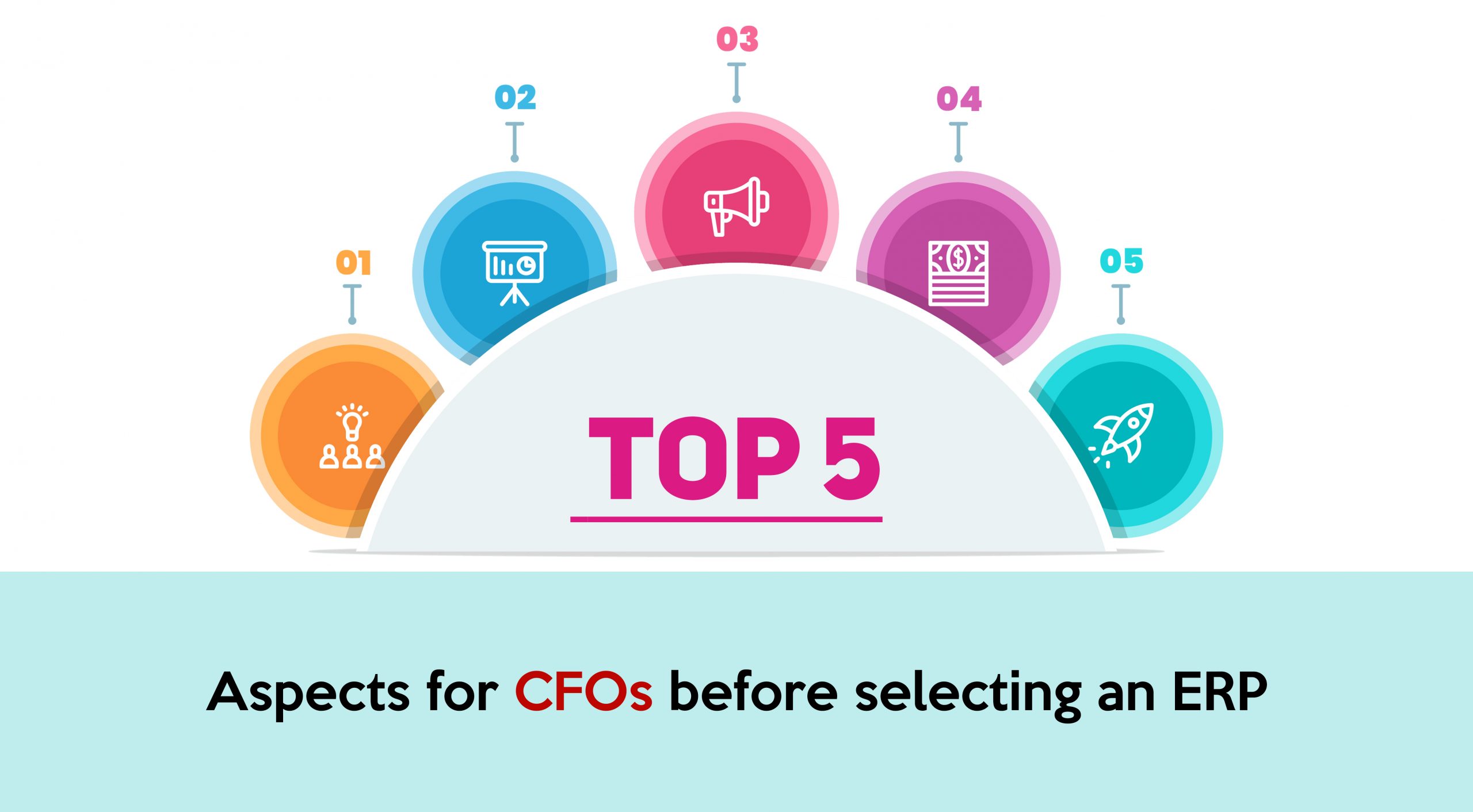

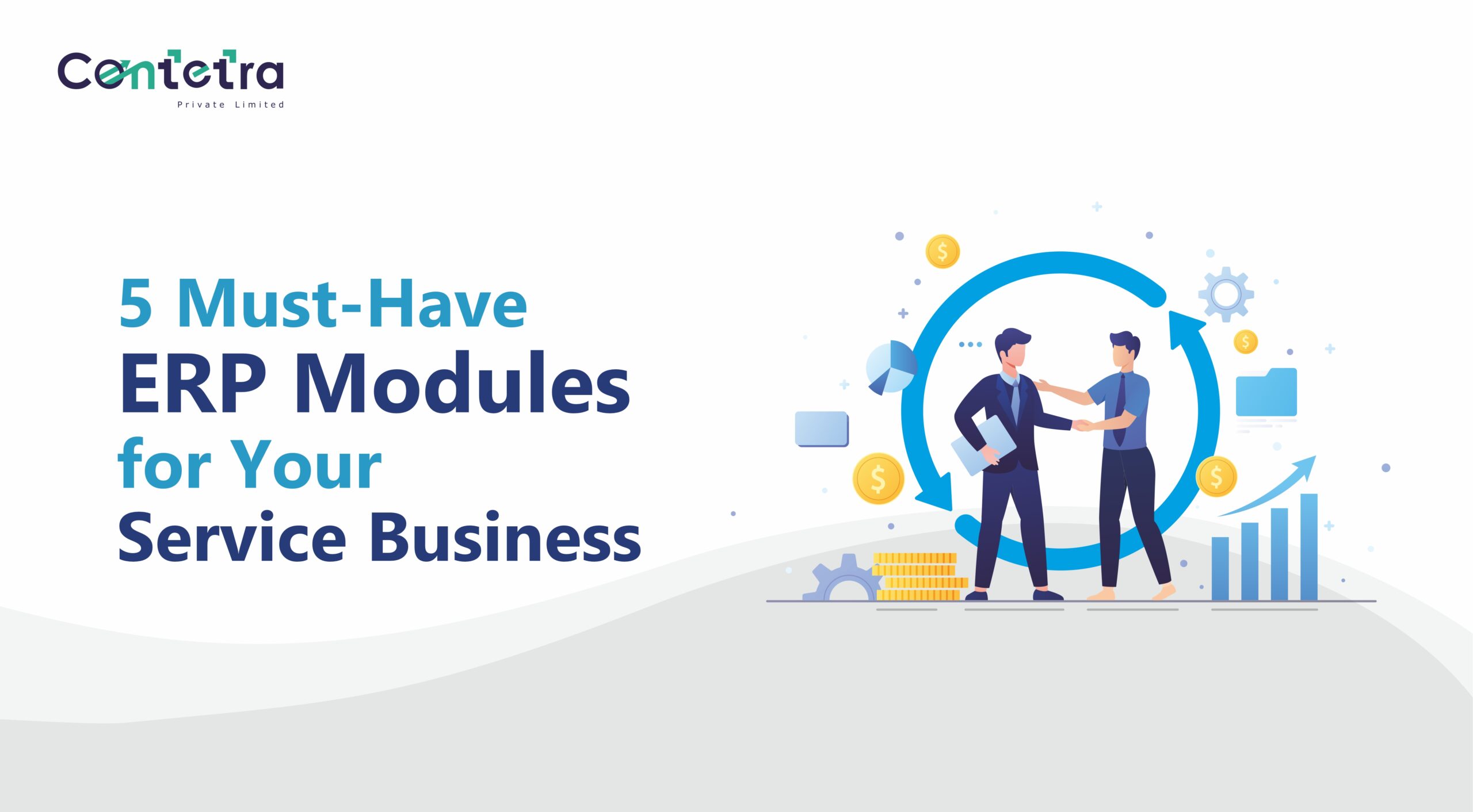
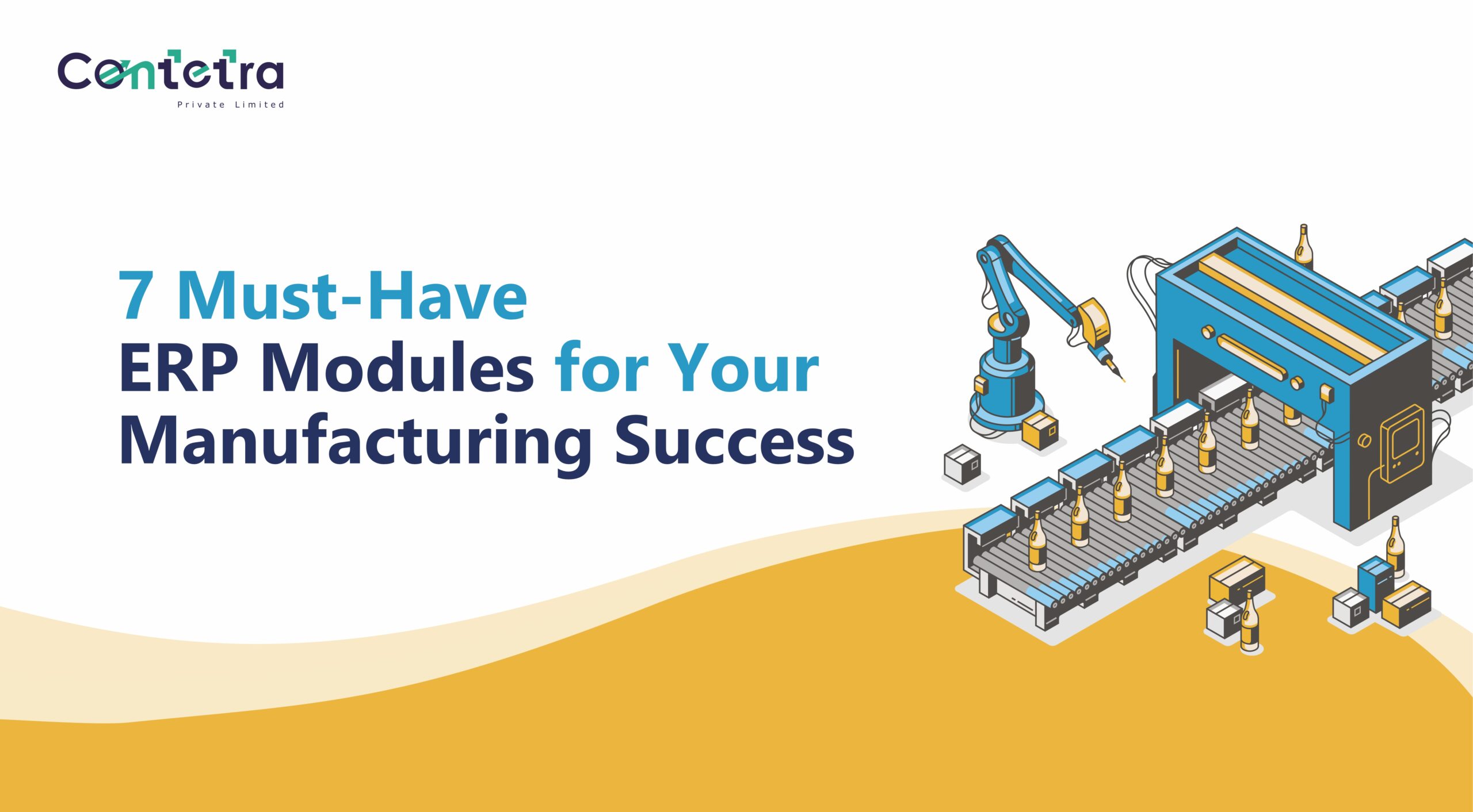
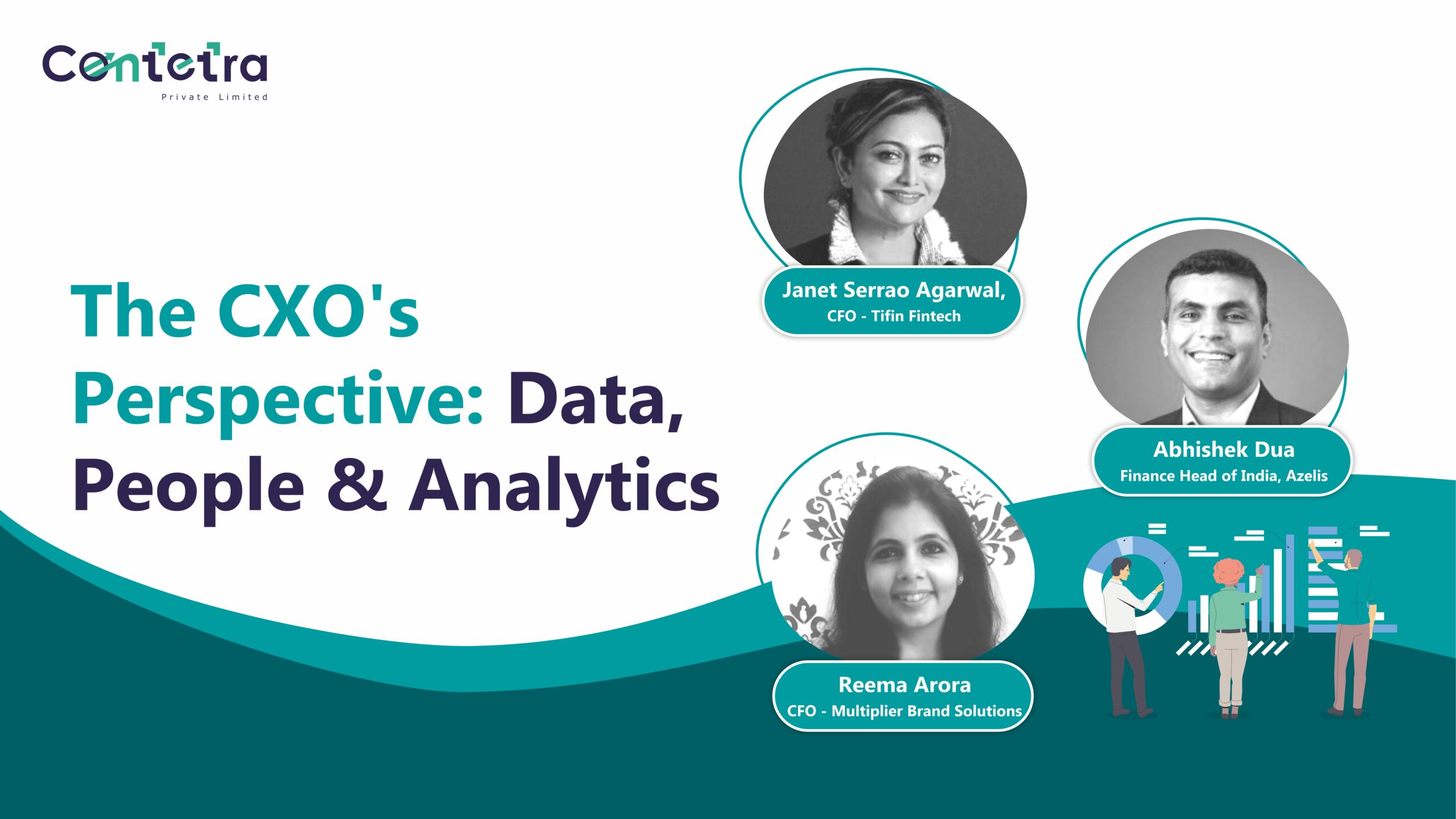
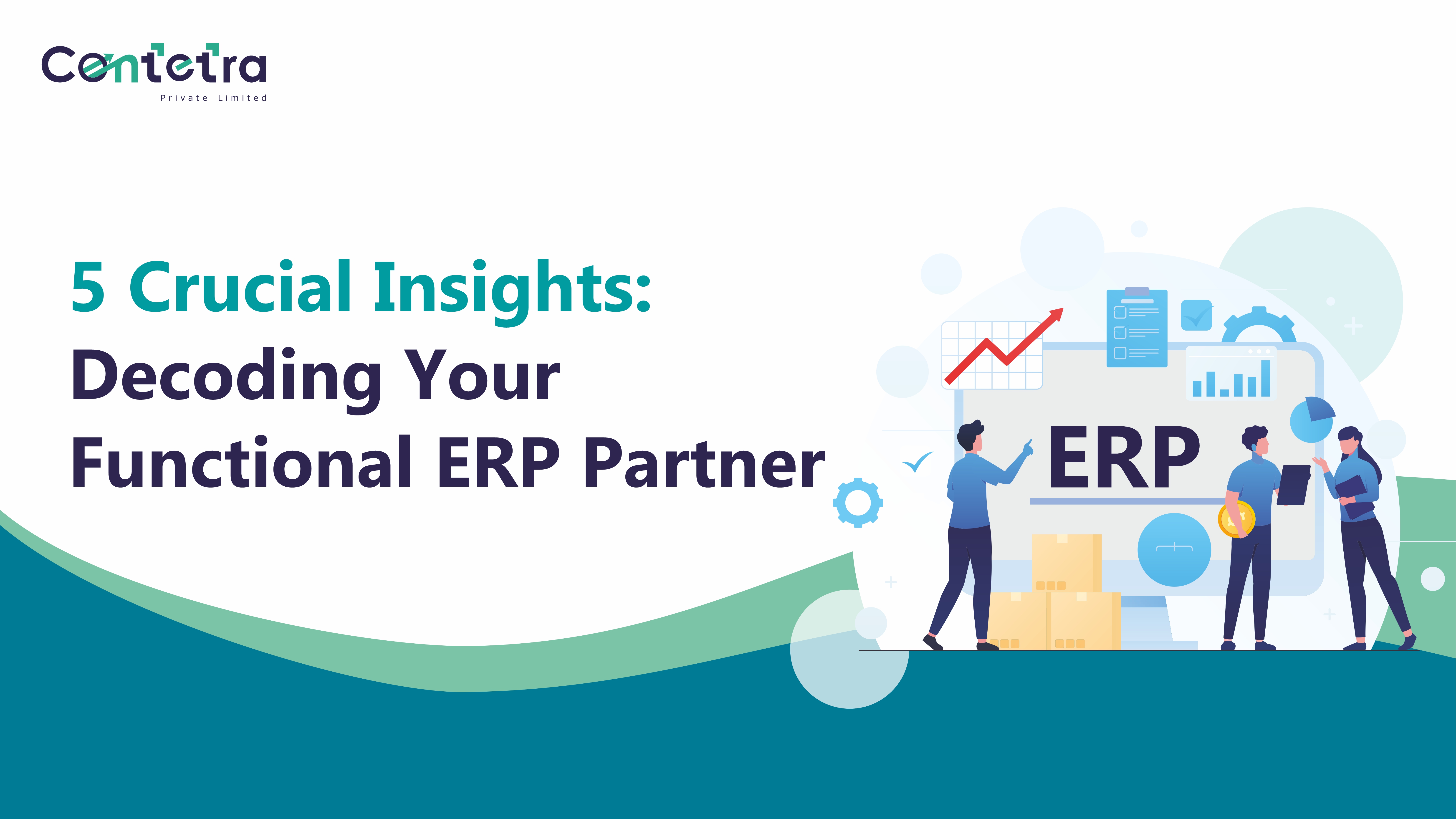
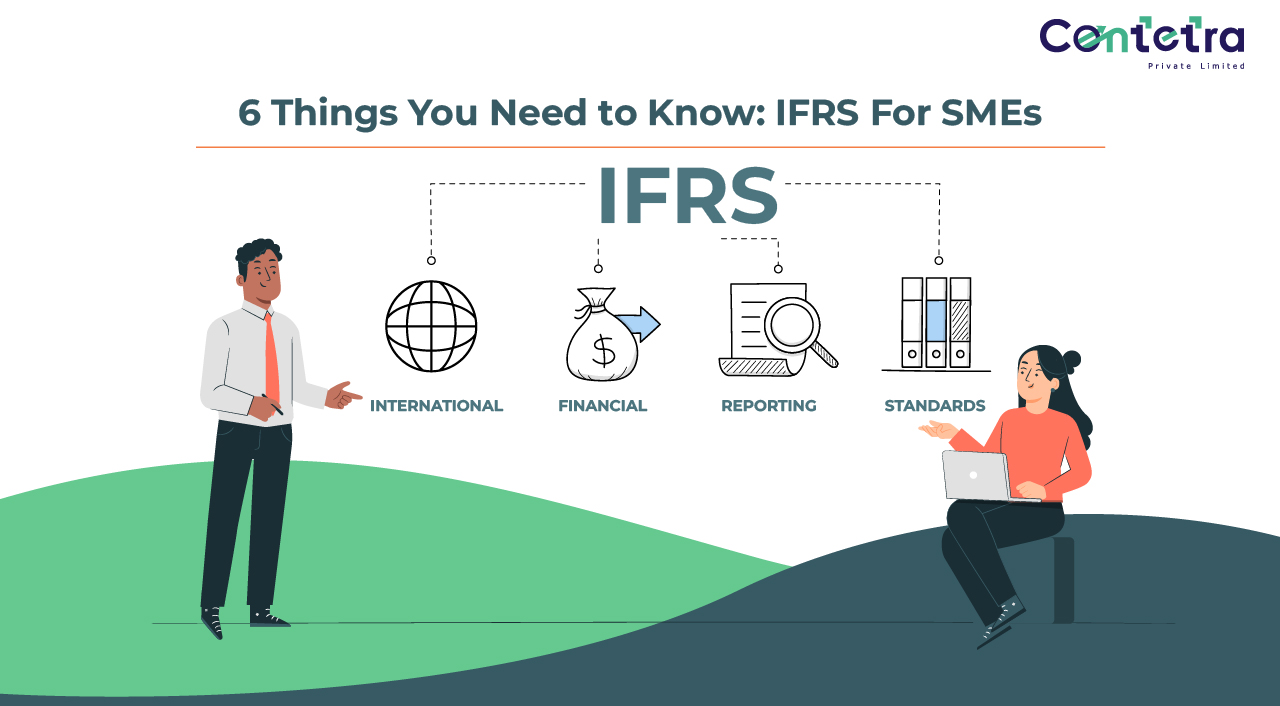
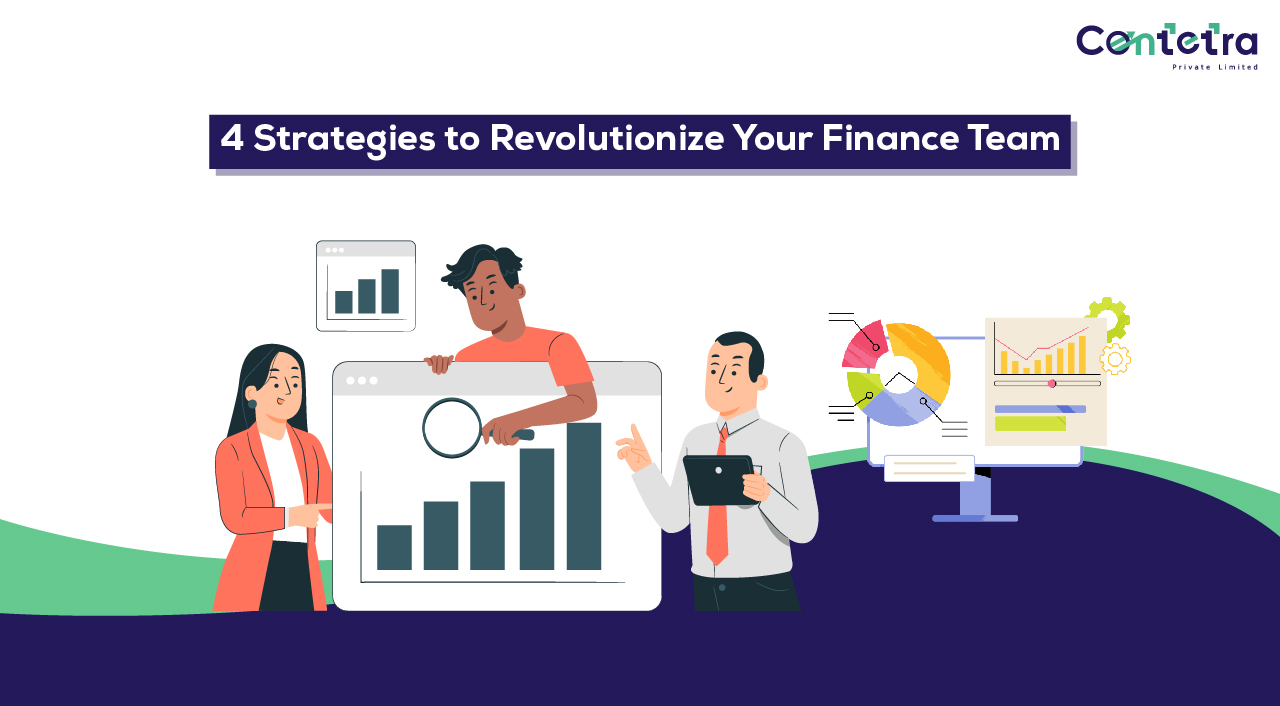

Very informative.. However in some companies, cost constraints are the biggest factor while considering a new ERP system.